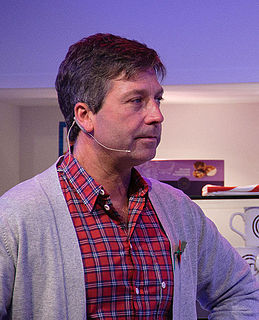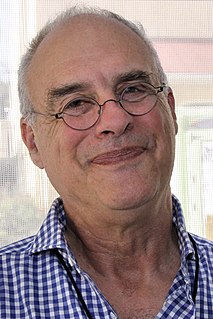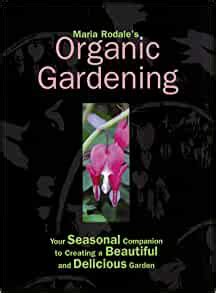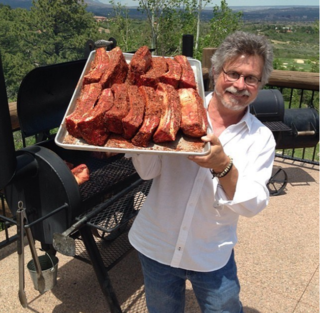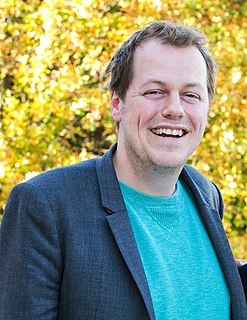A Quote by John Torode
I never use organic vegetables. Why would you want to? The idea of taking a courgette grown in a third-world country in an organic field, packed into a polystyrene box, flown across the oceans, washed in chlorinated water, packed into a foam box, driven halfway across the country, wrapped in plastic and stamped 'organic,' what's the point?
Related Quotes
There's a lot of research that suggests that organic yields are close or superior to conventional yields depending on factors like climate. In a drought year an organic field of corn will yield more - considerably more - than a conventional field; organic fields hold moisture better so they don't need as much water. It simply isn't true that organic yields are lower than conventional yields.
Organic is something we can all partake of and benefit from. When we demand organic, we are demanding poison-free food. We are demanding clean air. We are demanding pure, fresh water. We are demanding soil that is free to do its job and seeds that are free of toxins. We are demanding that our children be protected from harm. We all need to bite the bullet and do what needs to be done—buy organic whenever we can, insist on organic, fight for organic and work to make it the norm. We must make organic the conventional choice and not the exception available only to the rich and educated.
Since chemical fertilizer burns out the soil organic matter, other farmers struggle with tilth, water retention, and basic soil nutrients. The soil gets harder and harder every year as the chemicals burn out the organic matter, which gives the soil its sponginess. One pound of organic matter holds four pounds of water. The best drought protection any farmer can acquire is more soil organic matter.
Organic Oreos are not a health food. When Coca-Cola begins selling organic Coke, as it surely will, the company will have struck a blow for the environment perhaps, but not for our health. Most consumers automatically assume that the word "organic" is synomymous with health, but it makes no difference to your insulin metabolism if the high-fructose corn syrup in your soda is organic.
If you do just one thing—make one conscious choice—that can change the world, go organic. Buy organic food. Stop using chemicals and start supporting organic farmers. No other single choice you can make to improve the health of your family and the planet will have greater positive repercussions for our future.
